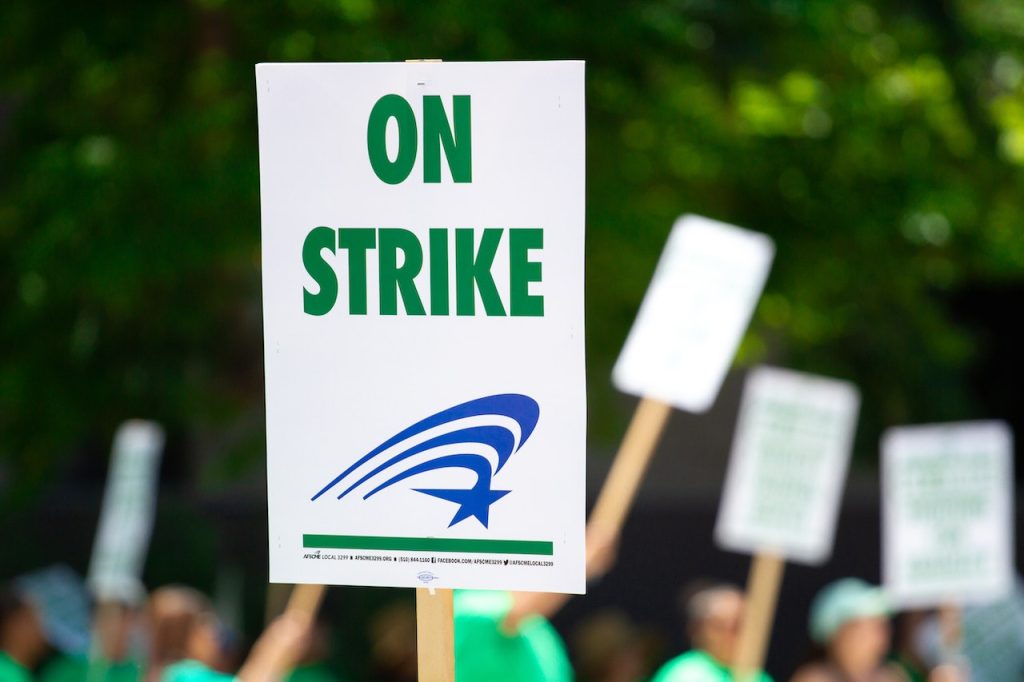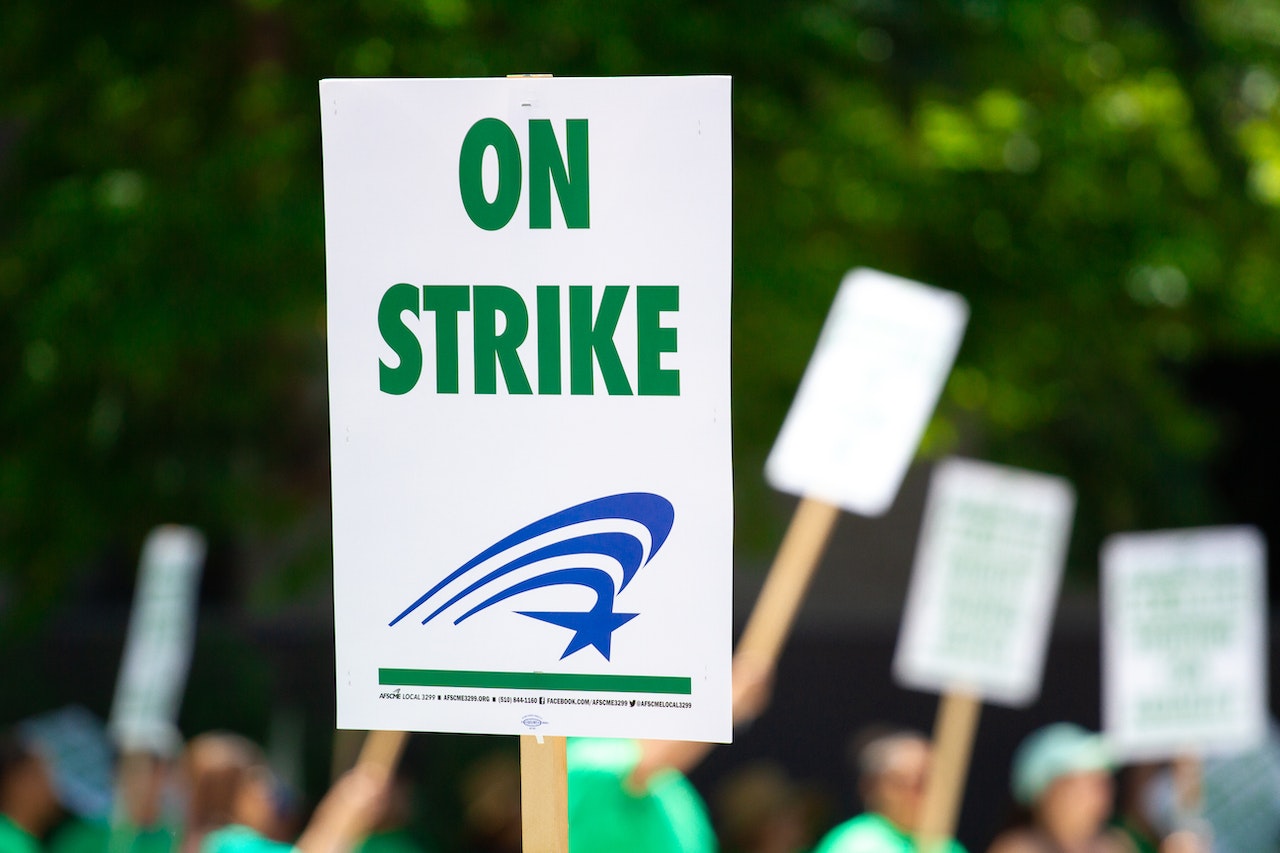
How Trucking Work Strikes Affect Us All
Trucking work strikes can have a significant impact on various industries. Particularly those that rely heavily on the transportation of goods. A trucking work strike occurs when truck drivers refuse to work. Hence, pickups and deliveries of freight are affected. Truck drivers strike in order to demand improved wages, better conditions, or other benefits. Unfortunately, when truck drivers strike, significant disruptions in the transportation of goods follow. Ultimately their issues affect us all.
In this post, we’ll take an in-depth look at how trucking strikes affect retail prices. In addition, what transportation freight managers can do to mitigate their impact.
Delays and Shortages Due To Truckers Strike
The immediate effects of a trucking work strike are delays and shortages. If truck drivers are not working, products simply cannot reach their intended destination. Delays can have a ripple effect throughout the supply chain. Therefore, affecting businesses and consumers alike. For instance, a grocery store may run low or completely out of fresh produce. Food can potentially spoil if not delivered for commercial sale quickly.
Increased Costs of a Truck Driver Strike
In addition to delays and shortages, trucking work strikes lead to increased transportation costs. When truck drivers strike, it often prompts shipping companies to hire replacement drivers. Independent carriers may demand higher wages to work in the face of a strike. Additionally, delays and shortages can lead to additional costs in the form of storage and warehouse fees, which ultimately get passed down to retailers, and eventually, to consumers.
Consumer Behavior
When retail prices increase due to a trucking work strike, consumers may alter their purchasing behavior. Consumers may choose to purchase cheaper alternatives or cut back on purchases altogether, leading to a drop in demand and further price reductions. Alternatively, if consumers are willing to pay the higher prices, retailers may continue to increase prices to compensate for the additional costs incurred during the strike.
Mitigating the Impact
Transportation freight managers can mitigate the impact of trucking work strikes by having contingency plans in place. Additionally, personnel should be up to date on current events within the trucking industry. Sometimes, the intentions of workers going on strike is announced weeks or months prior. For example, YRC Freight and UPS Freight are currently in the news regarding possible strikes. There should be alarm bells going off whenever a company that ships often sees this. Maybe seek alternate suppliers, or consider shipping extra quantities in anticipation. Another less advised plan is implementing dynamic pricing strategies that adjust prices based on changes in the supply chain.
In Conclusion
We learned that labor disputes have varying degrees of consequences. Obviously, some have direct effects and others have indirect effects. However, labor strikes in logistics and the trucking industry in general can spiral out of control quickly. If fact, it can quickly become an issue of national importance and security.





